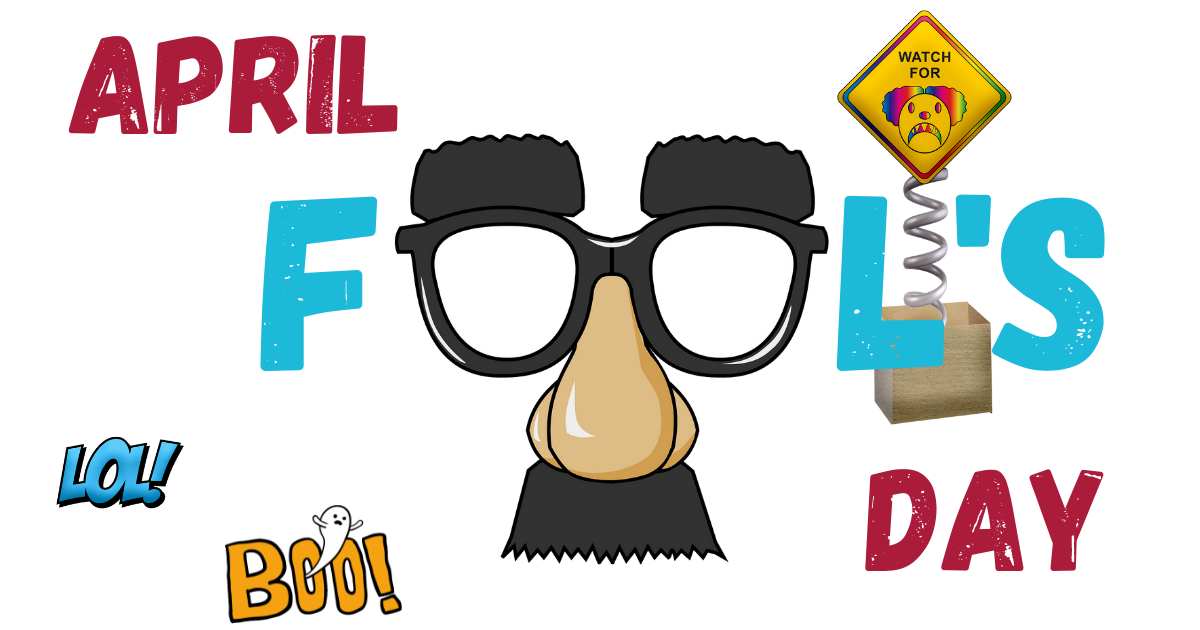April Fool's Day
Today, on April Fool’s Day, Click for Serbia invites you to laugh as much as possible; smile at yourself in the mirror, smile at your neighbors, people you know and those you don't know, show love with a smile.
In the tradition of Serbian language, we come across a well-known saying: "He who laughs, does not think evil." This ancient folk saying is also supported by modern science. Namely, as research from the University of Michigan shows, that laughter is a potent trigger of endorphins, which is directly responsible for the "good feeling" of an individual. Consequently, the effects of laughter are similar to those of antidepressants. This, of course, does not mean that depression can be treated with laughter, but it does mean that at least in the short term, a smile can positively affect our mental health. In addition to secreting good hormones, laughter relieves us of stress and tension, and makes us more friendly. But the positive impact of laughter cannot be reduced to chemicals. In the wake of friendliness, it seems worth mentioning that laughter affects our social life too: when we laugh in a group (and we all know how contagious laughter can be), a strong sense of togetherness and security is created.

However, let's be careful - especially today - because sometimes, with the best intentions, jokes can go too far, and instead of the fun they guarantee, they can cause completely opposite effects. First and foremost, here we refer to the stress that is on the rise in this hectic world and that no one likes, but also, we should not ignore the possibility of disrupting the harmony of relationships that we have built over the years.
In addition to the above-mentioned saying, in Serbian language one can often hear the addition of a sentence "not even in jest". And while most comedians agree that a joke can only be ruined by thinking about it, we believe it's still worth thinking about the impact we have when we tell a joke about someone or something.












